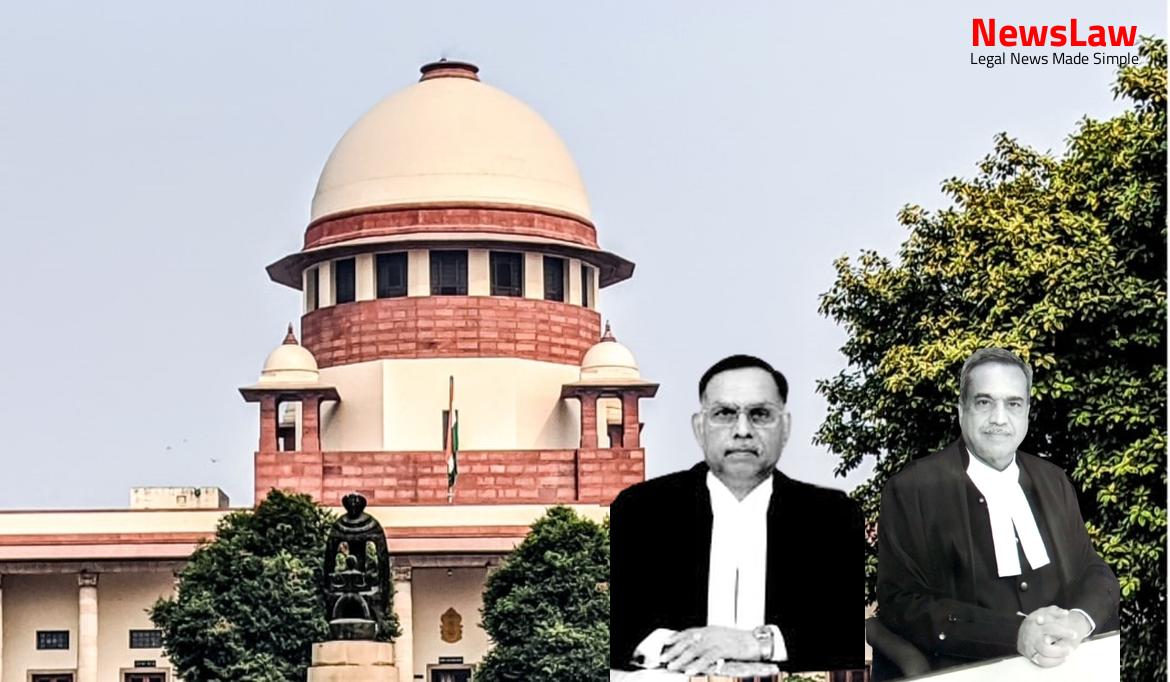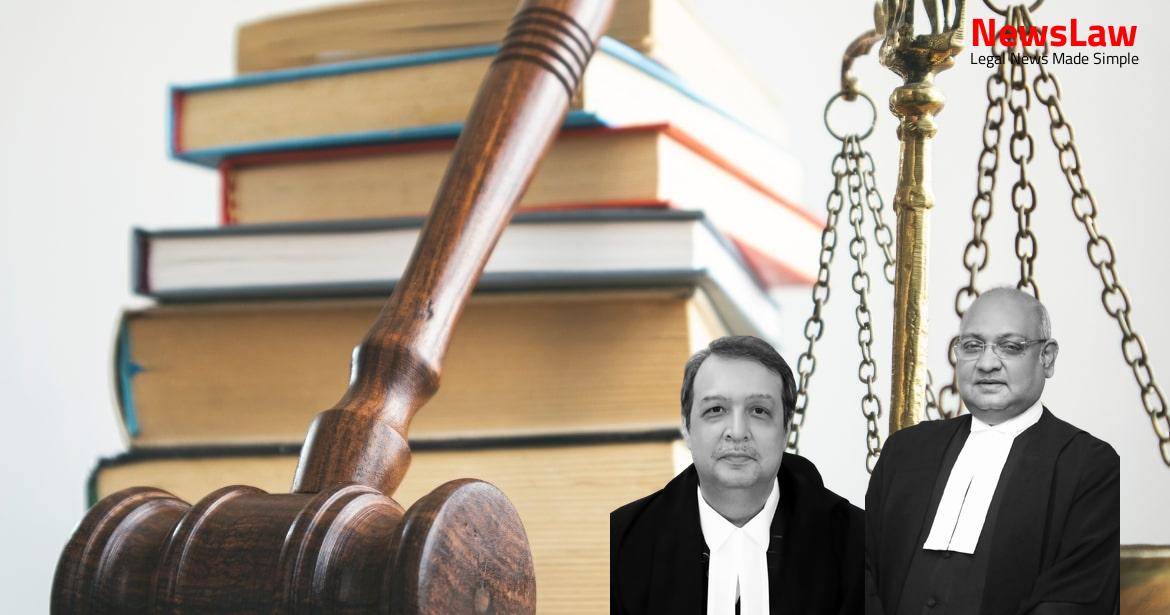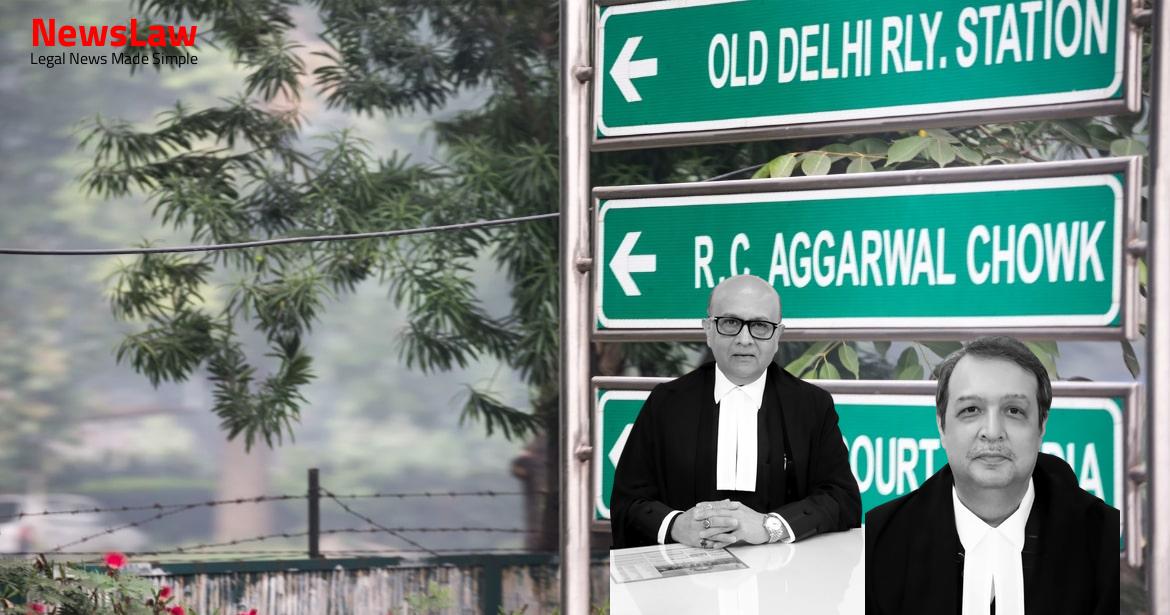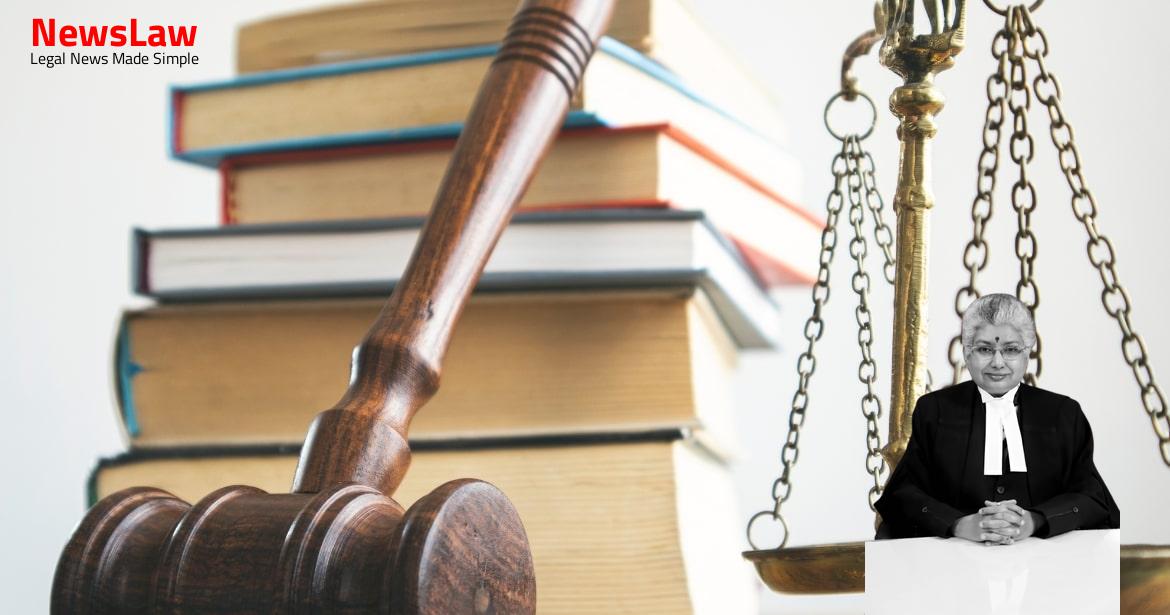Explore the in-depth legal examination of the UGC guidelines pertaining to final year exams. This blog post dissects the court’s perspective and sheds light on the legal complexities surrounding the issue. Stay tuned to understand the impact of the court’s legal analysis on the ongoing debate regarding the conduct of final exams amidst the COVID-19 pandemic.
Facts
- Multiple writ petitions have been filed challenging the decision to conduct final year exams amid the COVID-19 pandemic.
- The petitioners argue that the decision is arbitrary, whimsical, and violates the fundamental rights of students under the Constitution of India.
- Various states like Maharashtra, West Bengal, Tamil Nadu, and Delhi have expressed concerns about conducting exams.
- State Disaster Management Authorities in Maharashtra and West Bengal have also faced challenges in arranging final year exams.
- The UGC, Ministry of Human Resource Development, and Ministry of Home Affairs have issued guidelines for conducting exams by 30.09.2020.
- Students from different states have filed petitions against the decision to conduct exams amidst the rising COVID-19 cases.
- The petitions seek alternative assessment methods based on past performance/internal evaluation to protect students’ welfare.
- The State of Maharashtra has also raised concerns about holding exams for final year students.
- Some states like Madhya Pradesh, Rajasthan, Punjab, and Maharashtra have announced cancellation of final year exams due to the pandemic.
- Further discussions and decisions are pending based on the outcome of certain writ petitions.
- Delhi High Court directed the University to issue a notification for the revised schedule of examinations at the earliest.
- The Court noted that the entire examination scheme needs to be reworked by Delhi University and dates for conducting exams for various undergraduate courses to be finalized.
- West Bengal advised to give 80% weightage to the best aggregate percentage from previous semesters/years’ results and 20% to internal assessment for evaluation of students in terminal/final year.
- Maharashtra issued a resolution on 19.06.2020 detailing the result declaration methodology for non-professional and professional courses.
Also Read: Transfer of Writ Petitions for Chartered Accountants’ Tax Audit Guidelines
Arguments
- The petitioners argue that the revised UGC guidelines dated 06.07.2020, requiring completion of final year exams by 30.09.2020, exceed UGC’s authority and do not relate to its core function of co-ordination and standard determination.
- They claim that these guidelines are non-statutory and advisory, contradicting the earlier guidelines of 29.04.2020.
- Petitioners contend that the guidelines violate Article 14 and 21 of the Constitution of India, disregarding the COVID-19 pandemic situation.
- They argue that the guidelines issued are flawed and in disregard of prior guidelines, failing to consider the pandemic.
- Petitioners highlight the impracticality and safety risks of conducting exams, pointing out inadequate infrastructure and health concerns.
- They assert that the guidelines lack compliance with Section 12 of the UGC Act, which mandates consultation with various bodies and states.
- The petitioners suggest that the State or State Disaster Management Authority has the jurisdiction to decide not to hold exams by 30.09.2020, overriding the UGC guidelines.
- They advocate for awarding degrees to students based on previous assessments, citing examples of decisions taken by different States due to the pandemic.
- The petitioners challenge the enforceability of the UGC guidelines and request judicial review based on limited grounds.
- Conducted physical examinations ensure fairness and prevent malpractices.
- Online examinations may not be accessible or fair to all students.
- Health and safety measures can be implemented to conduct examinations safely during the pandemic.
- Temporary measures like social distancing can be taken to ensure the safety of students.
- Education is essential and exams are important for evaluation purposes.
Also Read: Analyzing Interference with Acquittal in Legal Conviction Case
Analysis
- Non obstante clause gives overriding effect to certain provisions over contrary provisions.
- The Disaster Management Act, 2005 gives primacy to actions and measures taken under the Act over inconsistency in any other law.
- Non-interference in academic matters by the courts unless there is a clear statutory violation.
- Expert academic bodies like UGC are entrusted with the duty to maintain standards of teaching, examination, and research in universities.
- The central government has a voice in determining standards of education for proper coordination and maintenance.
- State laws cannot adversely affect the standards laid down by the Union of India under Entry 66 of List-I.
- UGC’s role as an expert body to advise the central government on coordination and maintenance of standards in universities.
- The power of state legislatures to make laws under Article 246 is regulated by the VIIth Schedule to the Constitution.
- Role of UGC in advising on the coordination of facilities and maintenance of standards in universities.
- The State and Universities cannot lay down guidelines or policies conflicting with Central statutes or standards laid down by the Central body.
- The University Grants Commission Act, 1956 was enacted to coordinate and determine standards in universities.
- The Act is based on Entry 66 of List I of the Seventh Schedule of the Constitution.
- The Act outlines the functions of the Commission, including advising on the establishment of new universities and collecting information on matters related to university education.
- The Act empowers the Commission to allocate grants to universities and other bodies for development and maintenance purposes.
- The Commission is also required to consult with universities and other concerned bodies while taking steps for the promotion and coordination of university education.
Also Read: Judicial Review on Sentence and Compensation in Criminal Case
Decision
- State and University cannot promote students in the final year/terminal semester without holding final examination
- States/Union Territories can apply to UGC for extension of deadline if unable to conduct exams by 30.09.2020
- Disaster Management Authority cannot decide to promote final year/terminal students based on earlier assessments, must adhere to UGC Guidelines
- UGC Guidelines dated 06.07.2020 take precedence over any contrary decisions by State Governments or SDMA
- Decision to hold exams or promote students based on previous performance is beyond the jurisdiction of Disaster Management Act
- State DMAs/State decisions regarding final exams prevail over UGC deadline in respective States
- UGCs direction to complete exams by 30.09.2020 can be overridden by State DMAs or State Governments under Disaster Management Act
Case Title: PRANEETH K Vs. UNIVERSITY GRANTS COMMISSION (UGC) (2020 INSC 519)
Case Number: W.P.(C) No.-000724 / 2020



